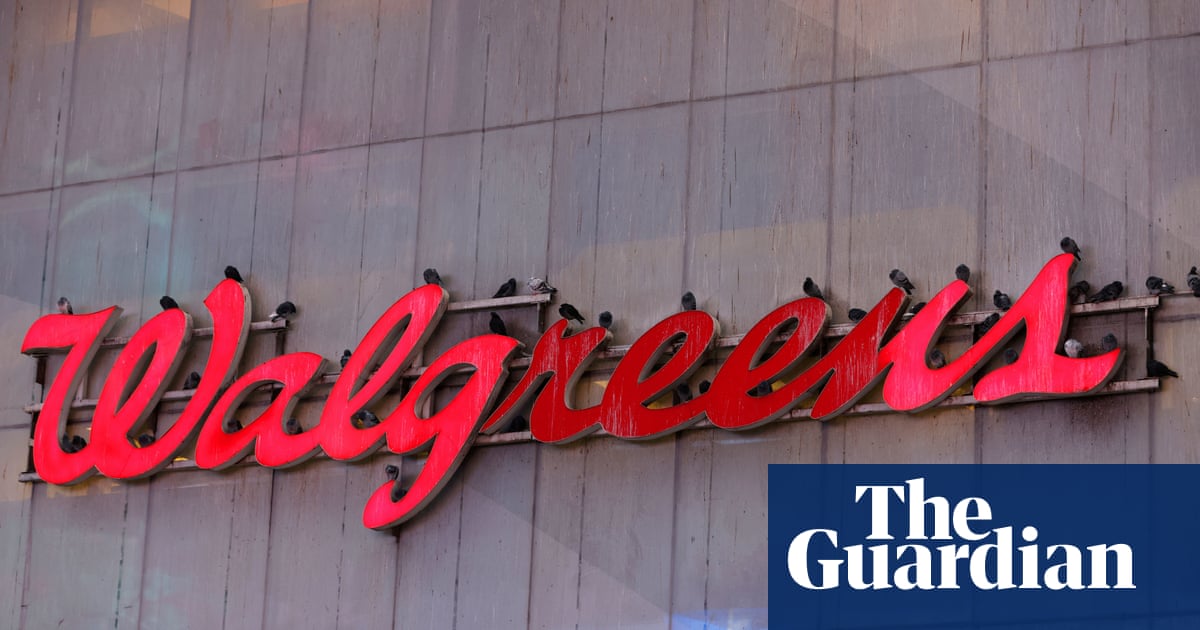Walgreens has agreed to pay up to $350m to settle claims by the US justice department that it illegally filled millions of prescriptions for opioids and other controlled substances.
The country’s largest drugstore chain must pay the government $300m, plus an additional $50m if the corporation is sold, transferred or merged before 2032,accordingto the terms of the settlement reached on Friday.
The justice department first filed a complaint against Walgreens Boots Alliance, collectively known as Walgreens,in January. They alleged that the corporation dispensed millions of unlawful prescriptions and later sought reimbursement for said substances through Medicare and other federal healthcare programs, a violation of the False Claims Act.
The complaint also alleged Walgreens “systematically pressured its pharmacists to fill prescriptions, including controlled substance prescriptions, without taking the time needed to confirm their validity”. This practice allegedly continued for more than a decade, between August 2012 and March 2023.
“These practices allowed millions of opioid pills and other controlled substances to flow illegally out of Walgreens stores,” the statement added.
The prescriptions included substances such as opioids and “trinity”, referring to the often abused combination of opioids, benzodiazepine and muscle relaxants.
“This lawsuit seeks to hold Walgreens accountable for the many years that it failed to meet its obligations when dispensing dangerous opioids and other drugs,” said the former principal deputy assistant attorney general Brian M Boynton, head of the justice department’s civil division, in a statement.
A Walgreens spokesperson, Fraser Engerman, said in a statement to the Guardian that the company “strongly [disagrees] with the government’s legal theory and admit no liability”.
Sign up toHeadlines US
Get the most important US headlines and highlights emailed direct to you every morning
after newsletter promotion
“This resolution allows us to close all opioid related litigation with federal, state, and local governments and provides us with favorable terms from a cashflow perspective while we focus on our turnaround strategy,” Engerman said.
